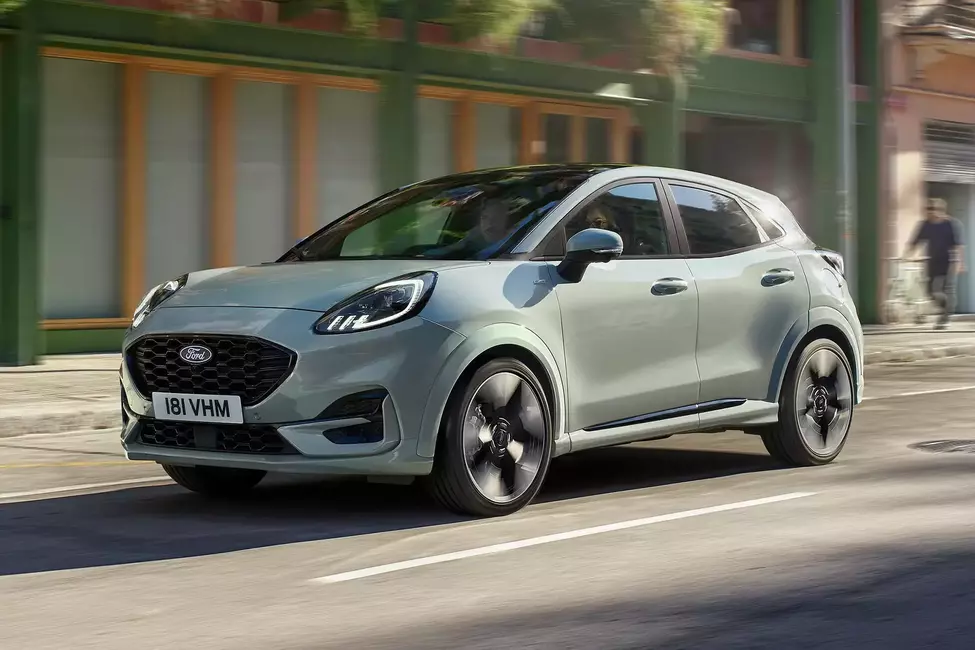What is Halal car finance?

What is Halal car finance?
Halal car finance, also known as Islamic car finance, can spread the cost of a car without any interest being charged. However there are other costs to consider.
Islamic car finance is a method of spreading the cost of a new or used car. Unlike many conventional forms of finance, Islamic or halal car finance is compatible with the faith because it doesn’t charge interest.
While Islamic finance doesn’t charge interest on your credit, it does come with additional – often sizable – upfront costs, and can sometimes work out more expensive overall. It also generally offers fewer options than other types of credit. It’s therefore worth considering what kind of finance suits both your faith and your budget.
Why is Halal car finance different?
Islam forbids the receipt or payment of interest. Known as ‘riba’, it’s a practice seen as contributing to and often worsening the gap between rich and poor in society.
Islamic finance therefore operates away from the concept of interest and is based on the idea that money in itself shouldn’t have any value – that you shouldn't make money from money. Although Islamic financial products, including car finance, are designed with muslims in mind, you don’t have to be a muslim to use them.
How does Halal car finance work?
Generally speaking, halal car finance is essentially a personal loan. The lender buys the vehicle and then sells it to the customer, who pays a pre-agreed number of monthly payments. The price of the car is the same as the total amount of the loan, with no additional interest.
However, the lender will increase the price of the vehicle to cover the cost of lending. The initial cost of the car is higher, so a larger deposit is required, because such deals usually require a minimum deposit that’s a proportion of the car’s value.
Is PCP finance Halal?
Generally, Personal Contract Plan (PCP) deals are not considered halal car finance, because they rely on accruing interest through the contract as a way of making the lender money.
That said, interpretation can vary. Some Islamic finance experts say PCP is not Halal, but others suggest that it depends whether the deal is interpreted as a loan of money to buy the car, or as the hire of a car during the period of monthly payments. Hiring the car is halal, but owning it at the end isn’t.
It can also depend on the specifics of a particular deal – 0% APR deals, for example, can be considered fine from an Islamic perspective. It’s probably best to take a specific deal that you’re interested in to an Islamic finance expert for their opinion.
Is Hire Purchase finance Halal?
Hire purchase (HP) lets you spread the full purchase price of a car over a deposit and a pre-agreed number of monthly payments. You’ll own the car at the end and there’s no large final payment. Normally, interest is added to the monthly instalments.
Halal HP isn’t common, but interest-free HP deals are available, and work in a very similar way to halal finance. Instead of charging interest on the credit, you pay for the cost of supplying that credit.
Is car leasing Halal?
Car leasing is considered halal because no interest is charged – you’re not borrowing money to buy a car, you’re paying a monthly amount to rent it. Once the contract’s up, you simply hand the car back.
With all types of non-halal finance options, as well as leasing, you need to be aware of late payments, as interest is likely to be charged on outstanding debt. An Islamic bank would normally pass these payments to charity to avoid receiving interest.
Browse our most popular models

24/09/2024
Best Car Deals for New and Used Cars
Whether you're looking for the best PCP deal, huge savings with a great car leasing deal or car finance discounts, we’ve searched to find the best car deals for you.
Best 0% APR Car Finance Deals
If you're looking for a 0% car finance deal on a new car, you've come to the right place. We've searched to find the best 0 interest finance car deals out there to help you save money.
Best PCP Car Deals
Personal Contract Purchase (also known as PCP) could allow you to get your hands on a new car without needing to stump up a significant sum of cash all at once. And to help you out, we've rounded up all the best PCP car deals on offer in the UK today.
Promotions
Trustpilot Reviews
Get our latest advice, news and offers
Keep me updated by email with the latest advice, news and offers from heycar.
By submitting you agree to our privacy policy














